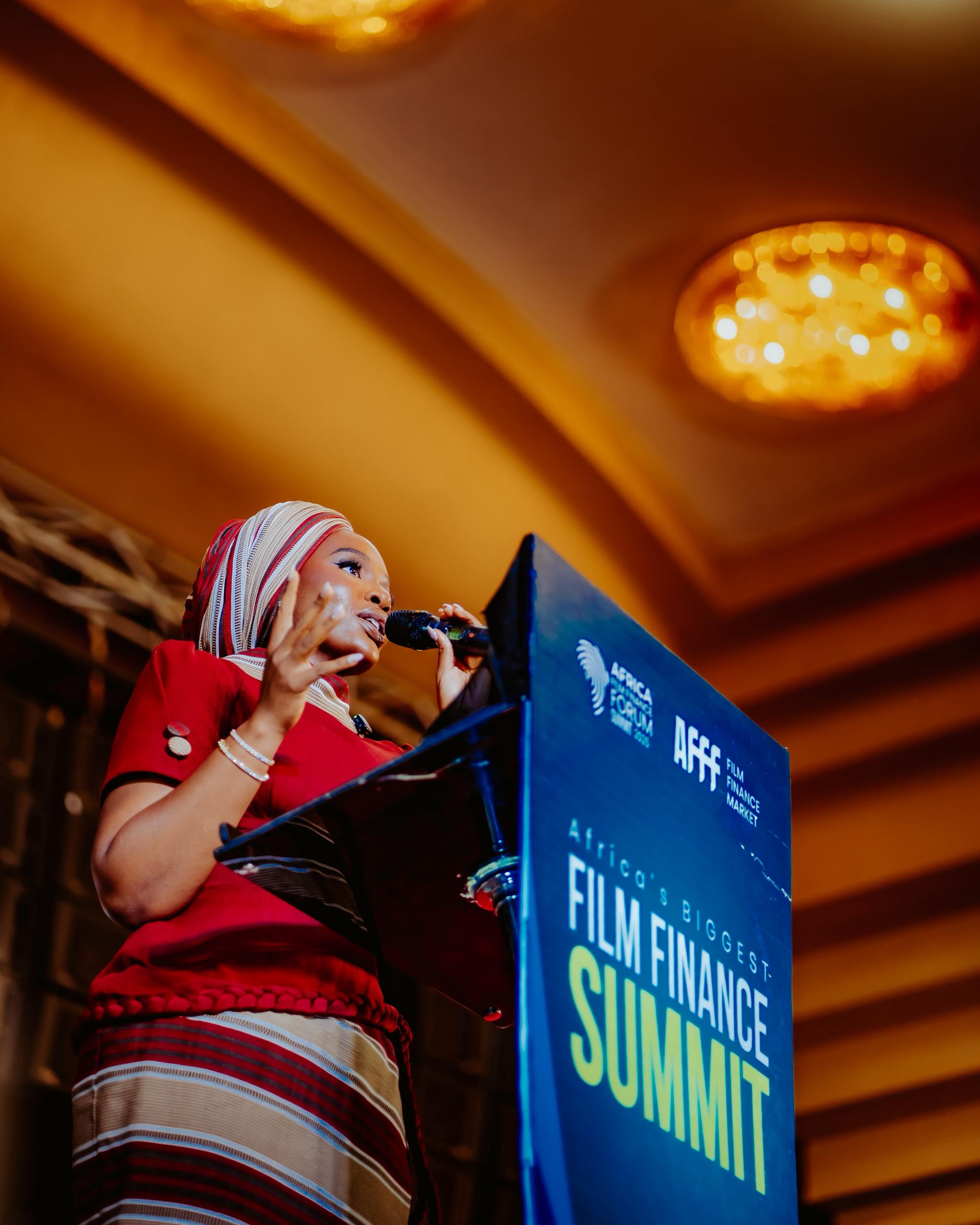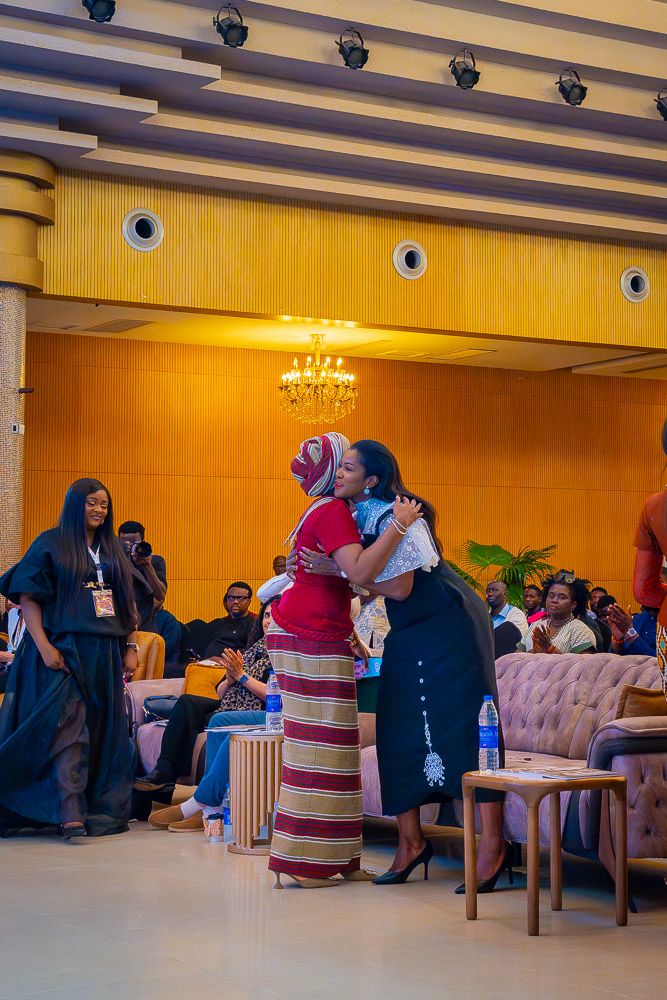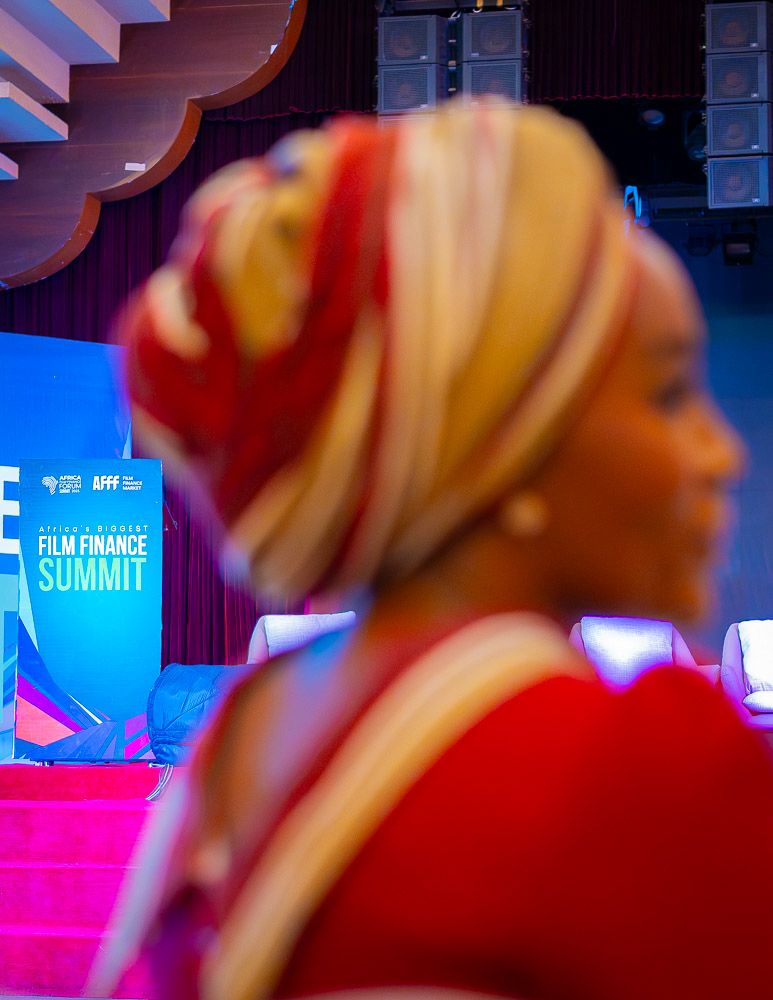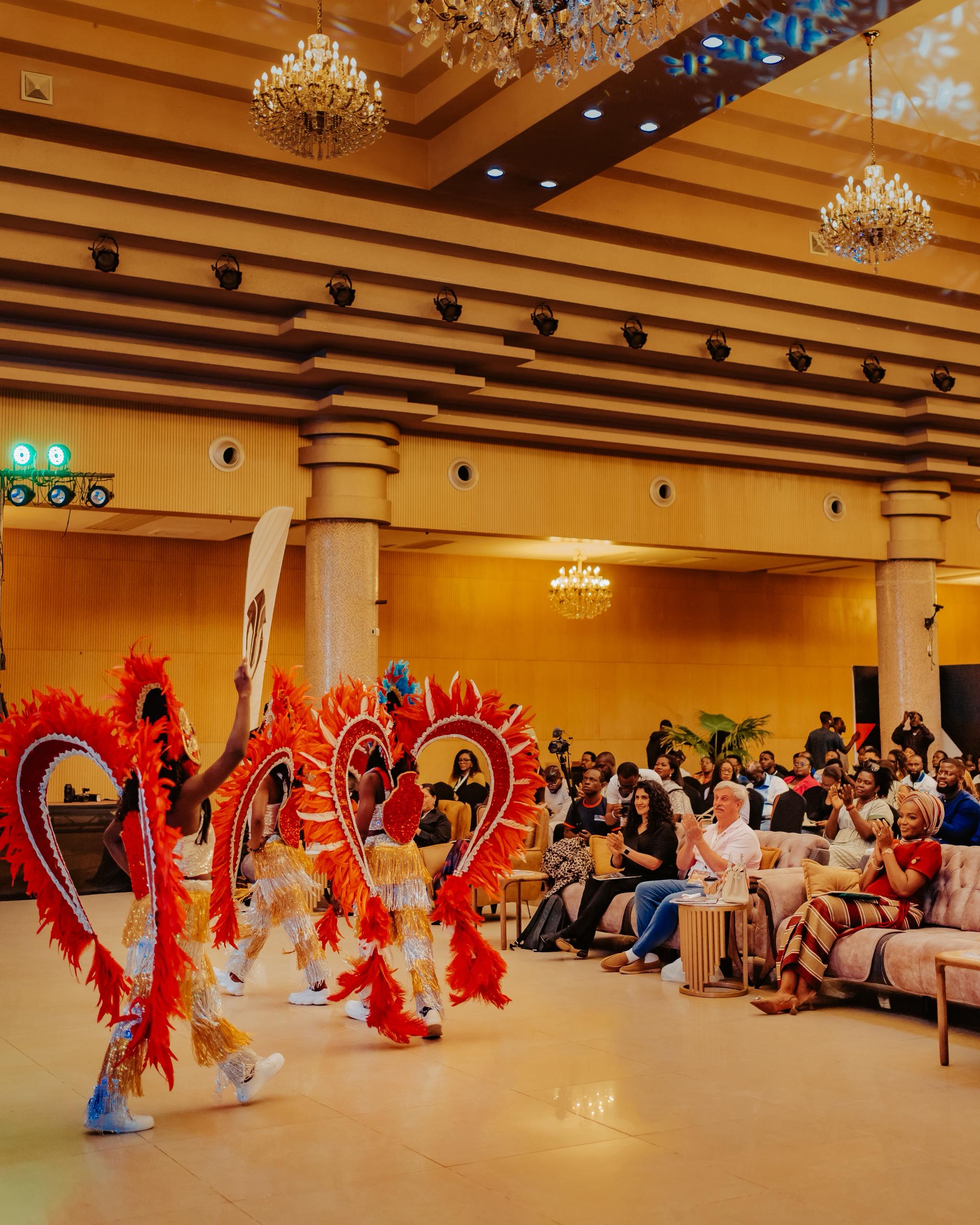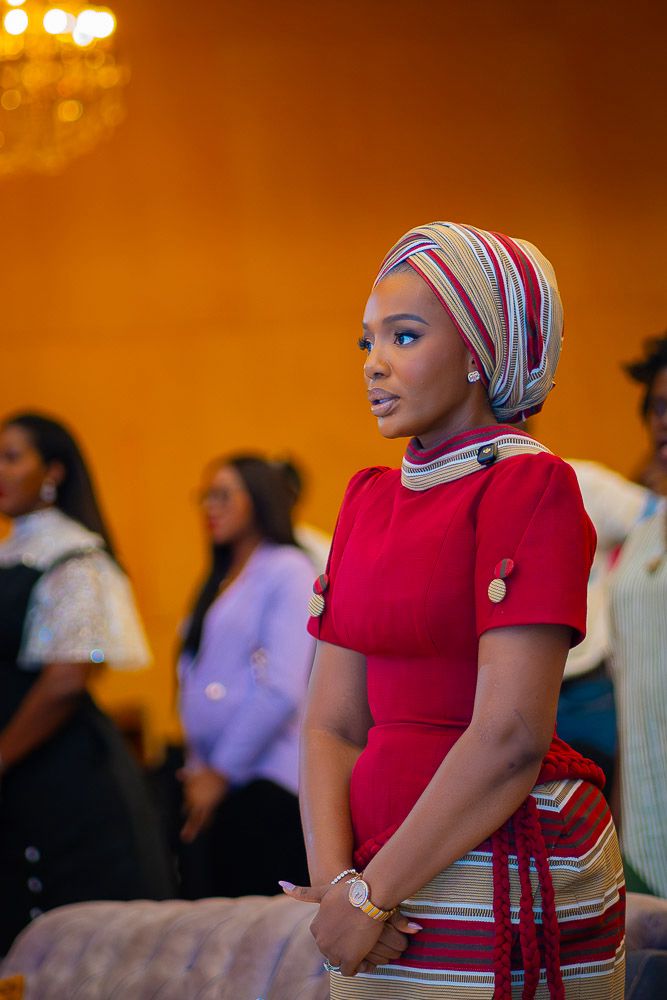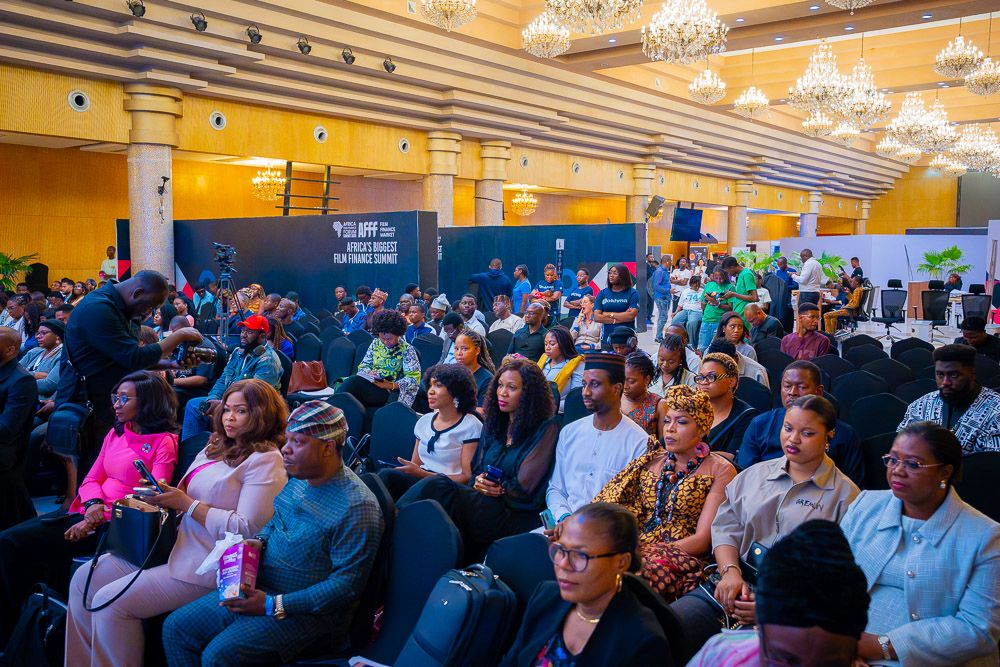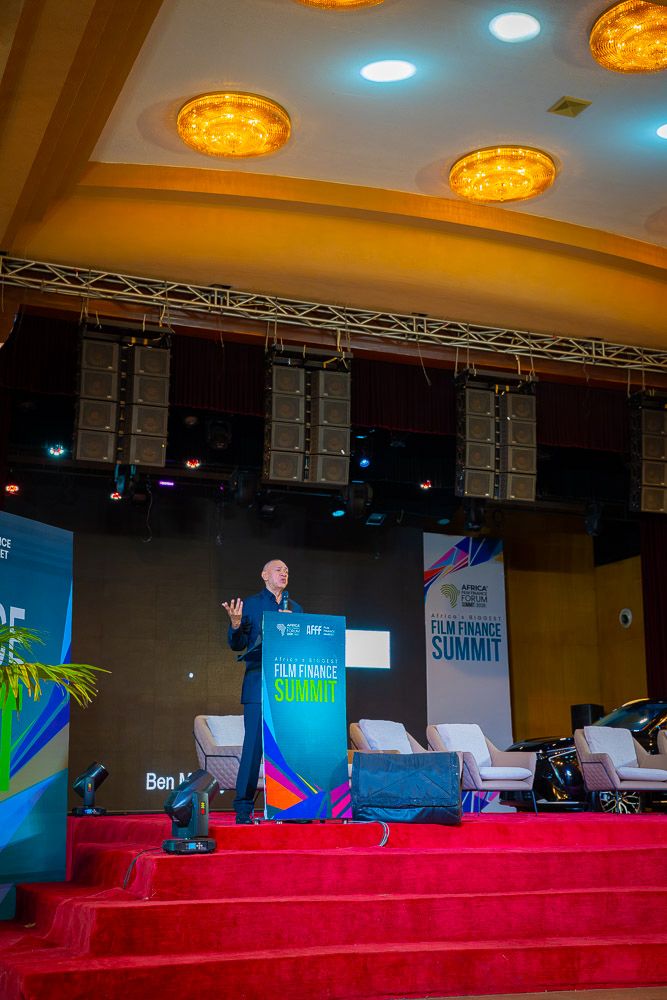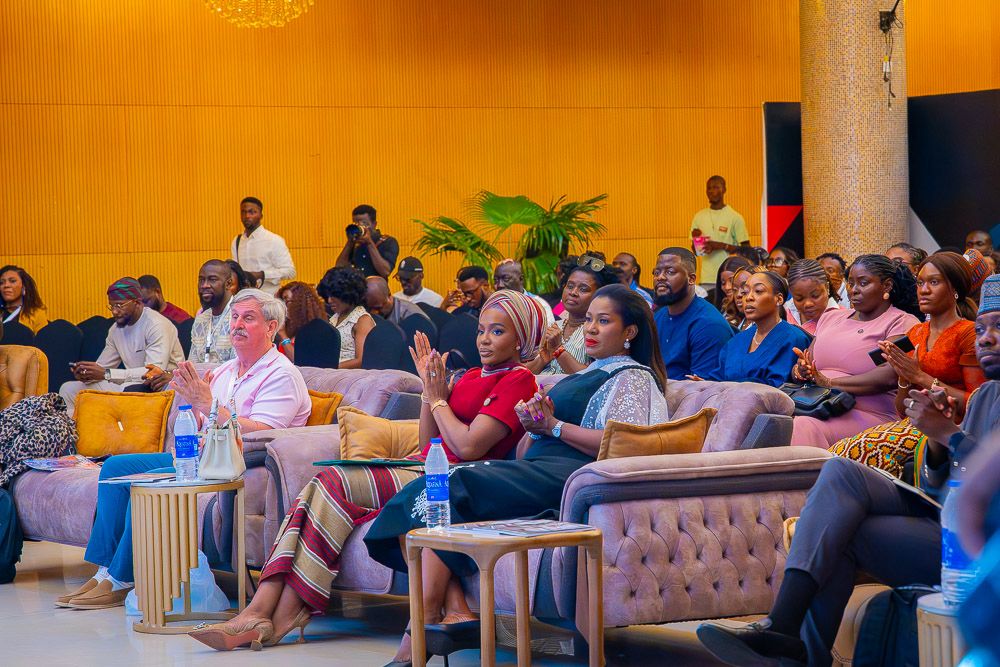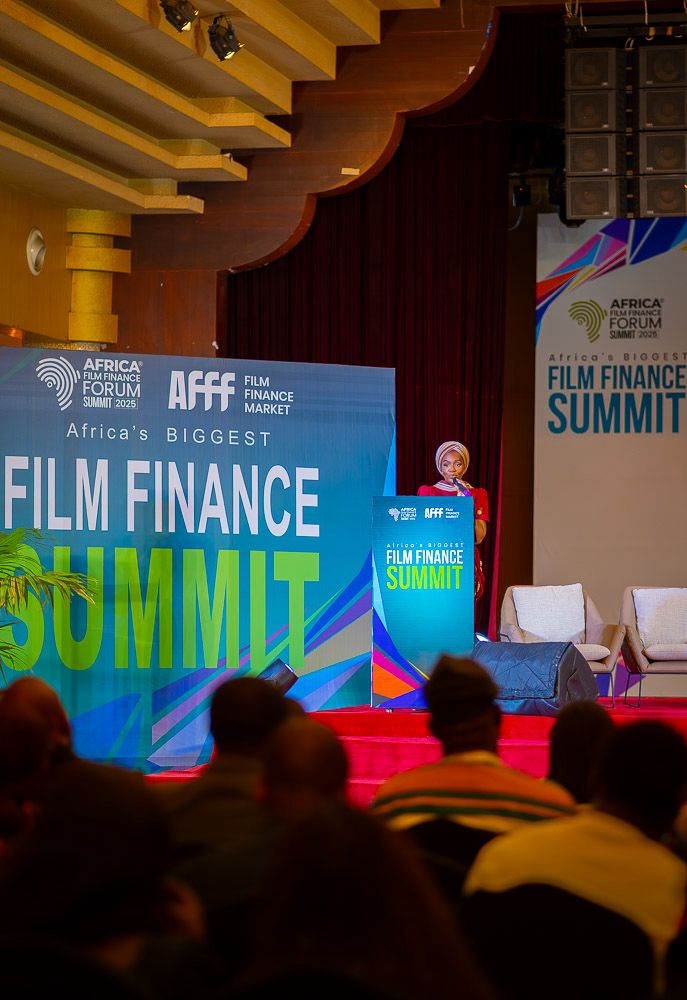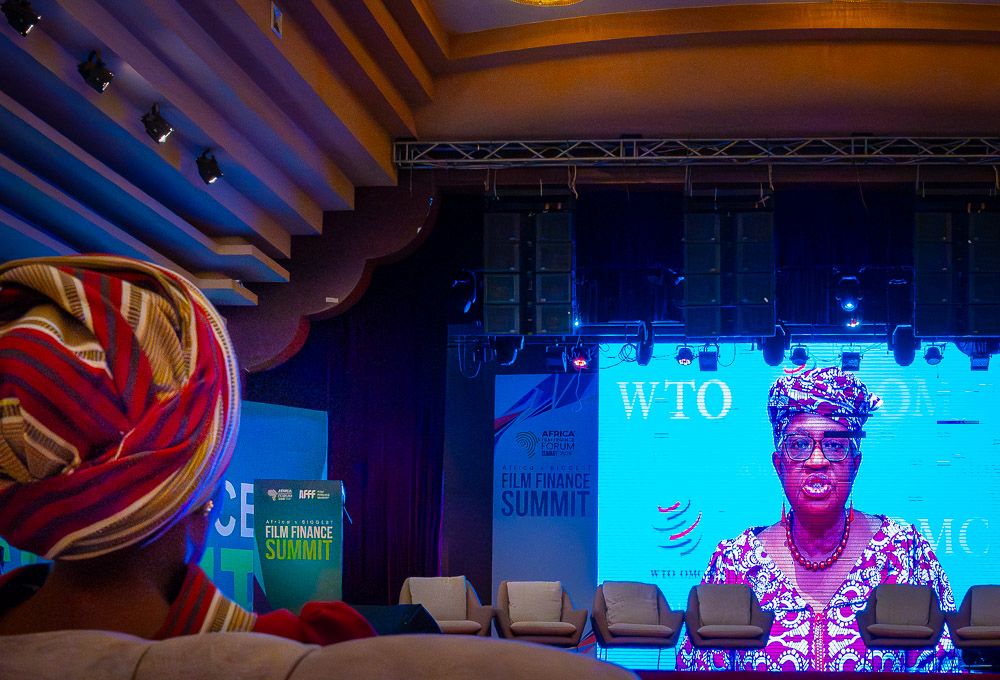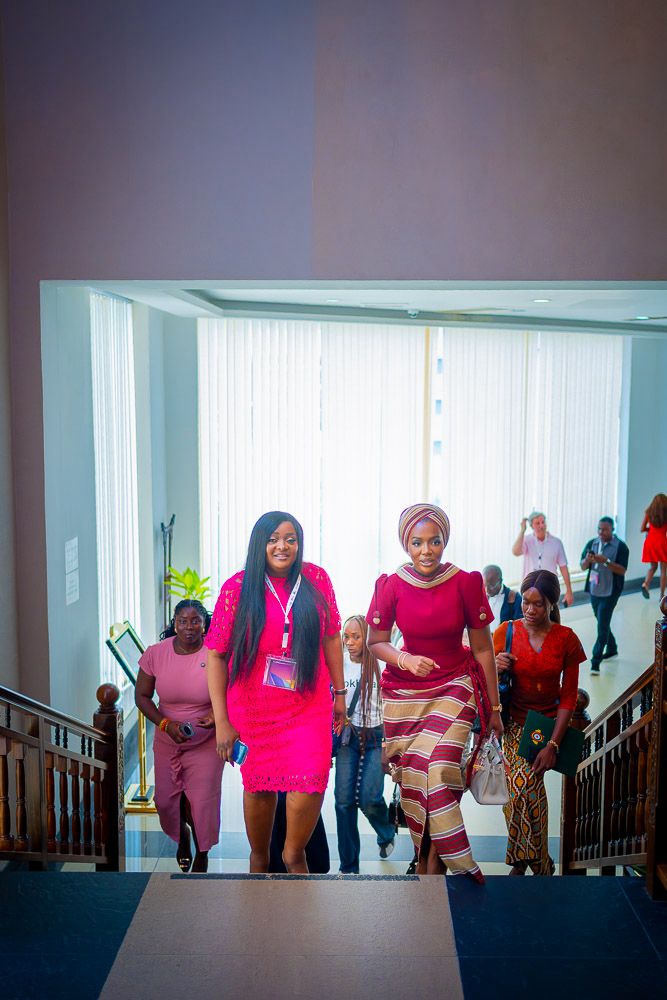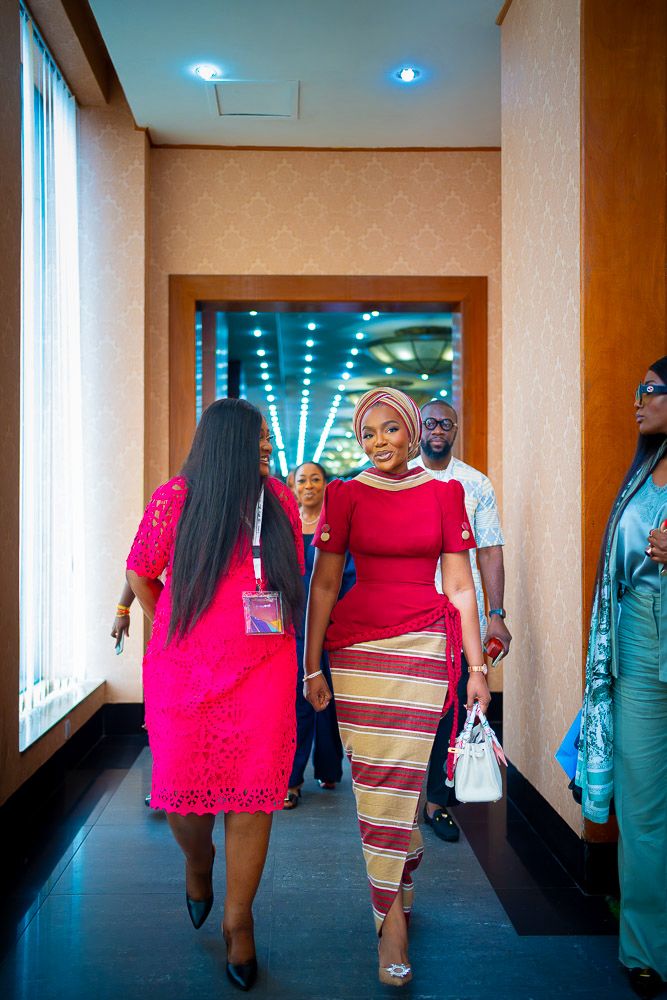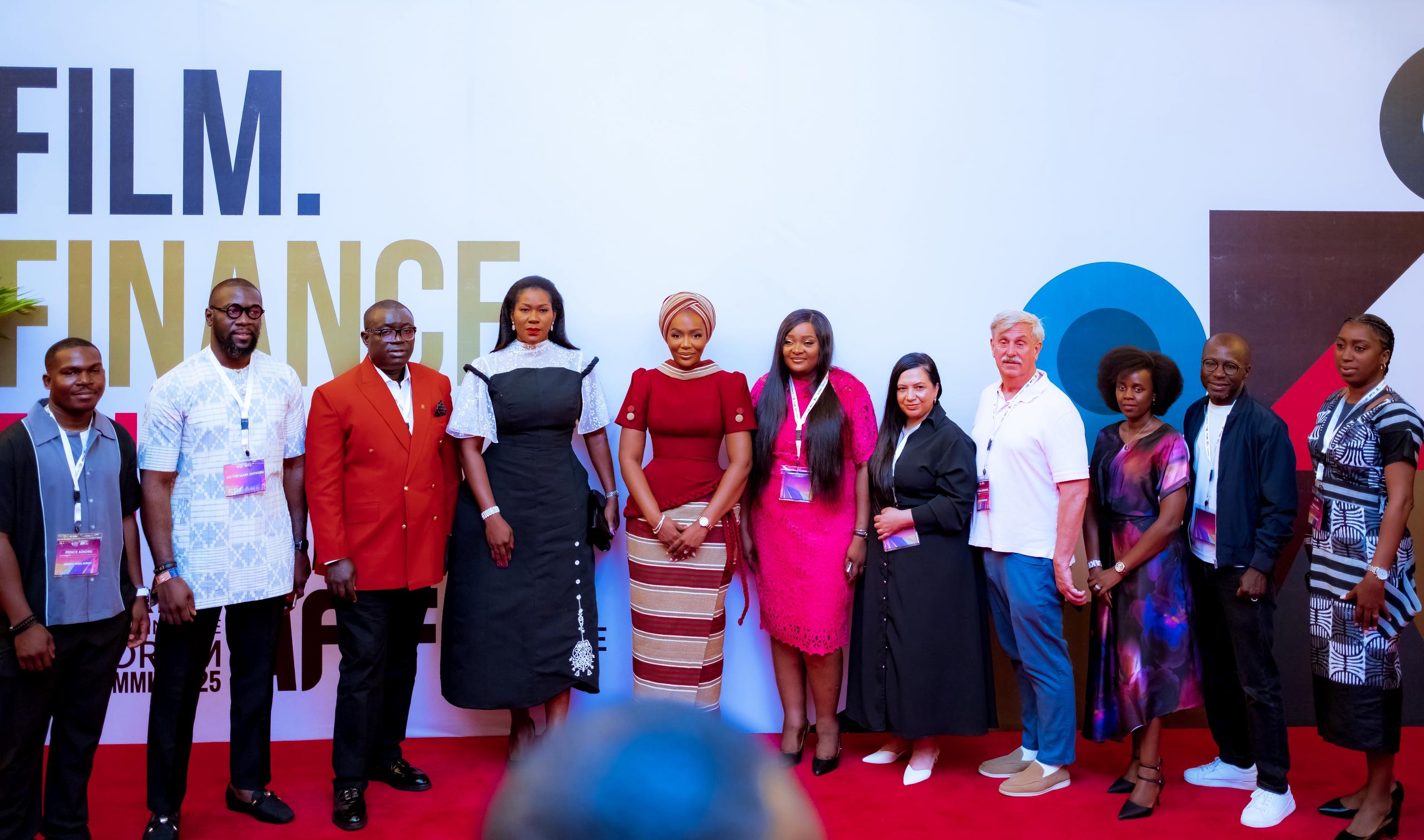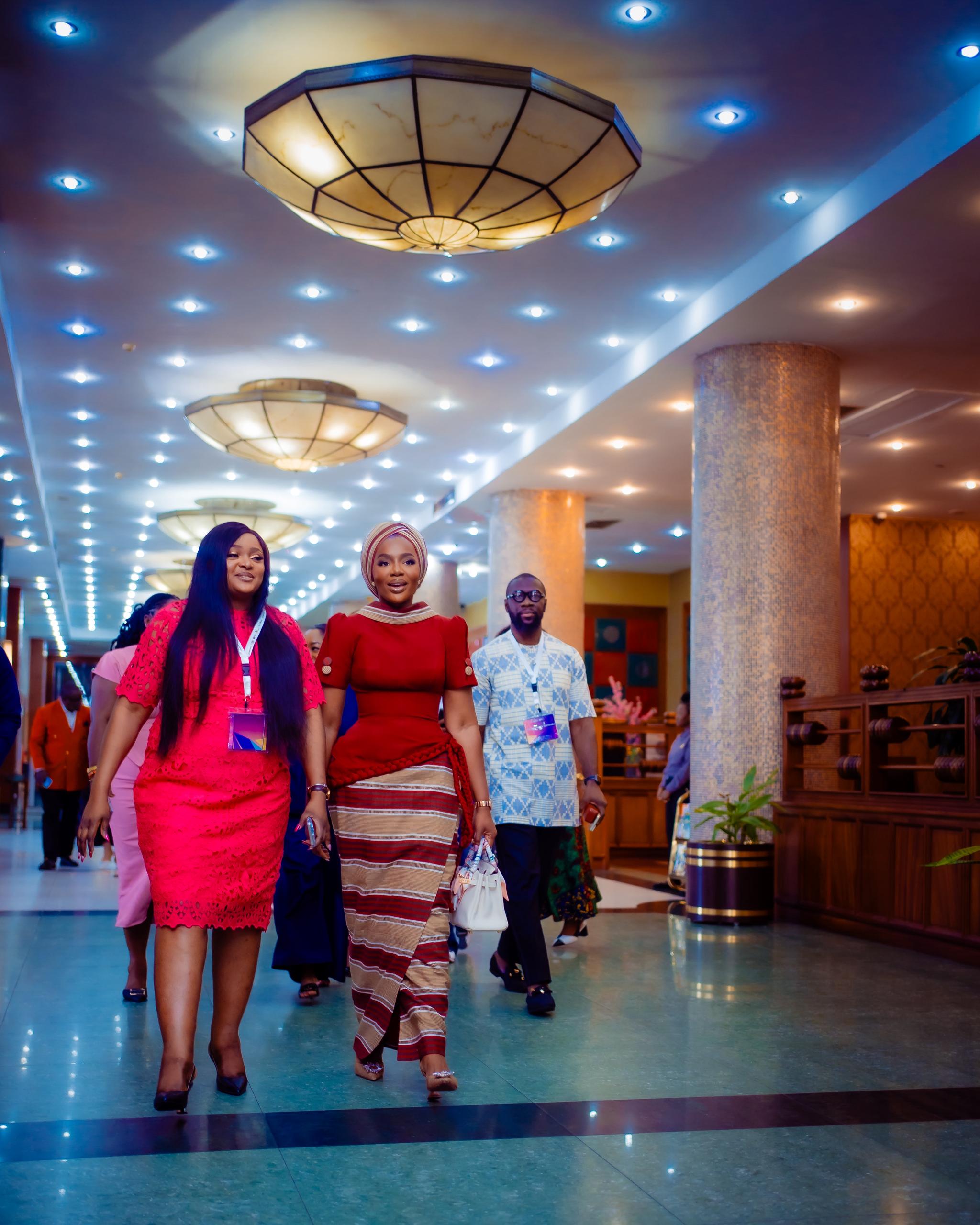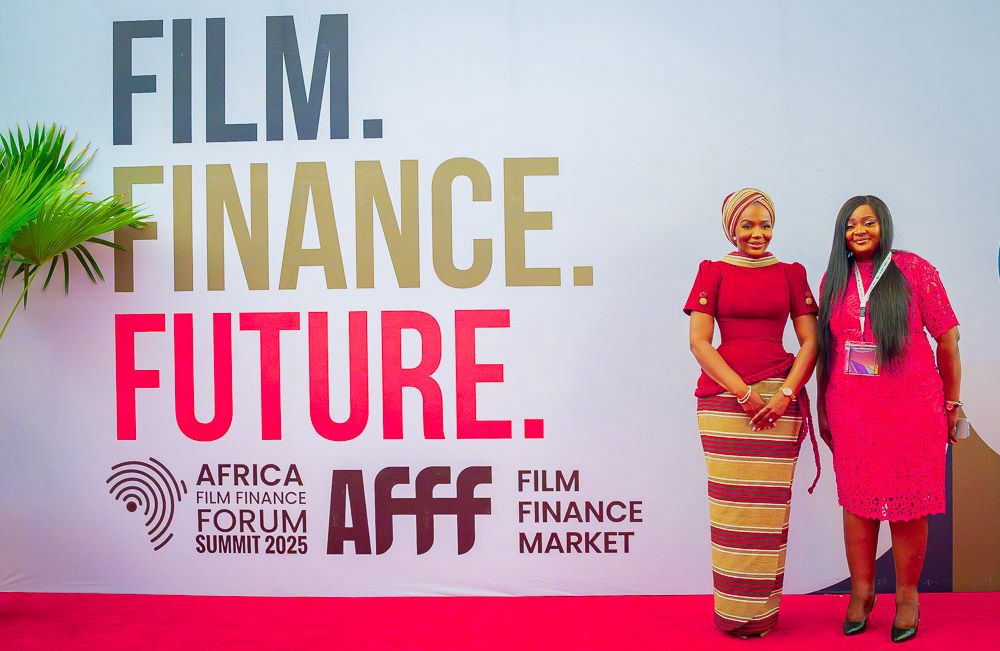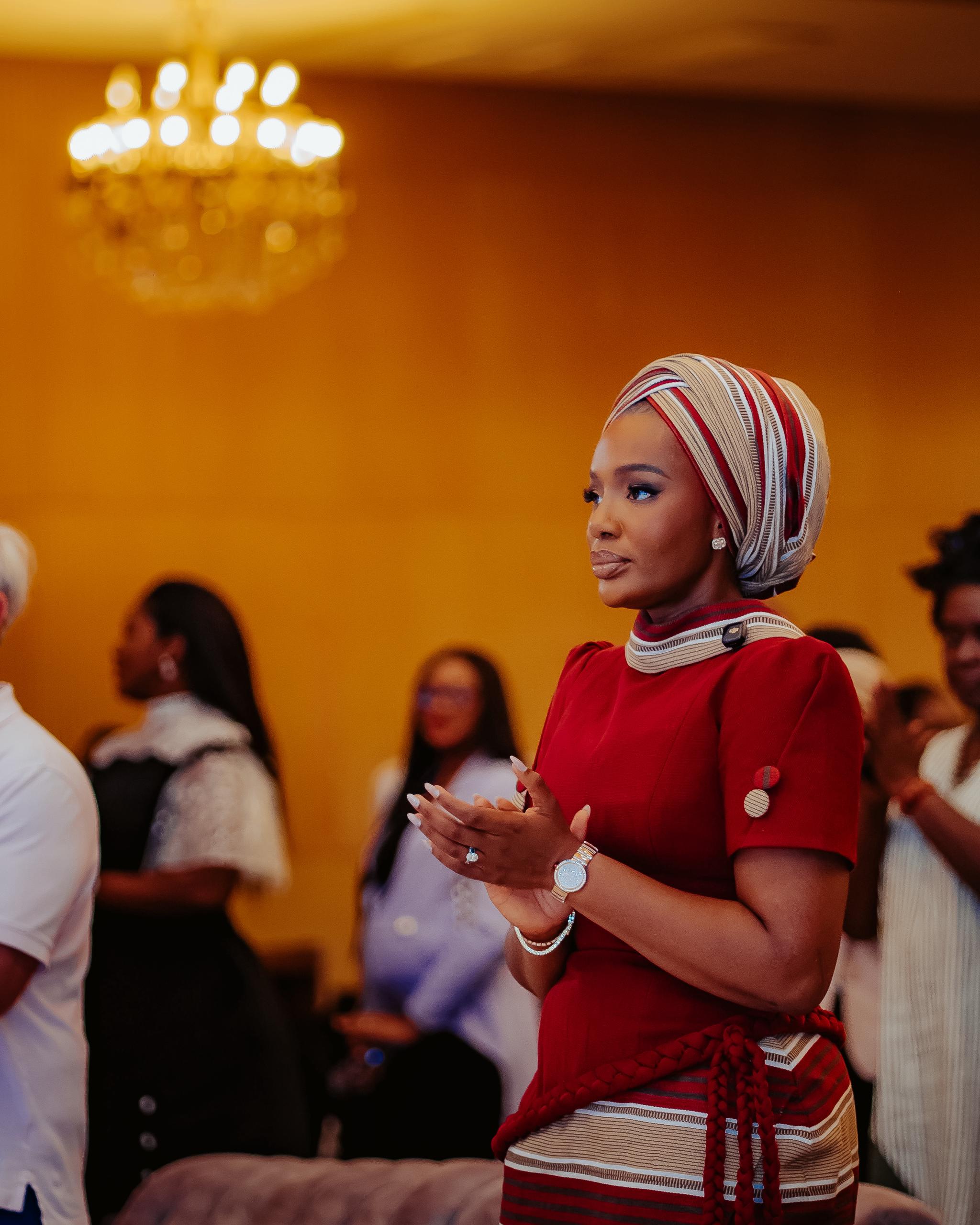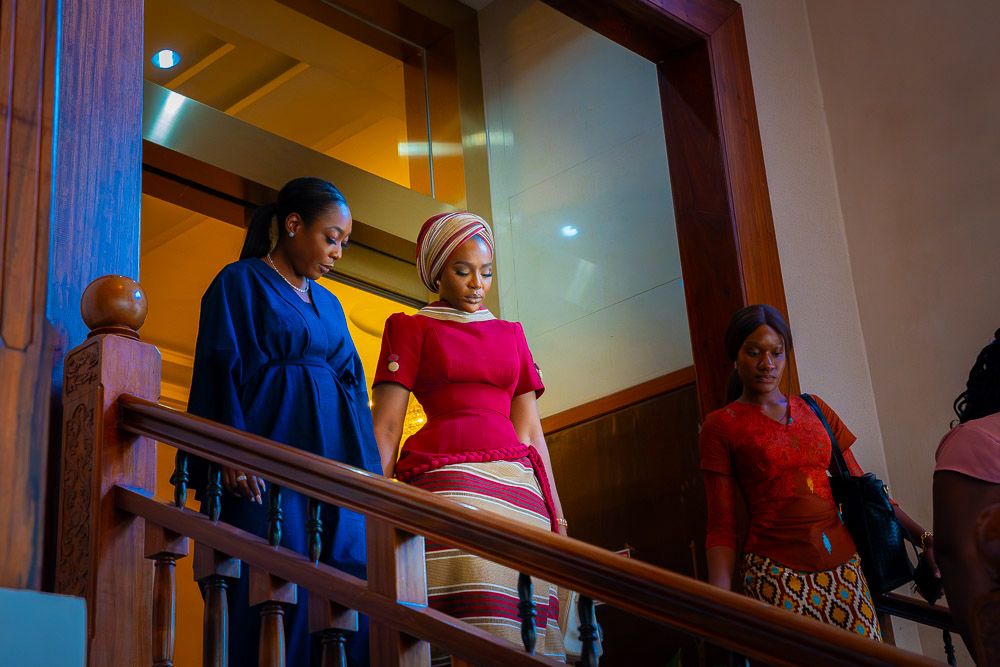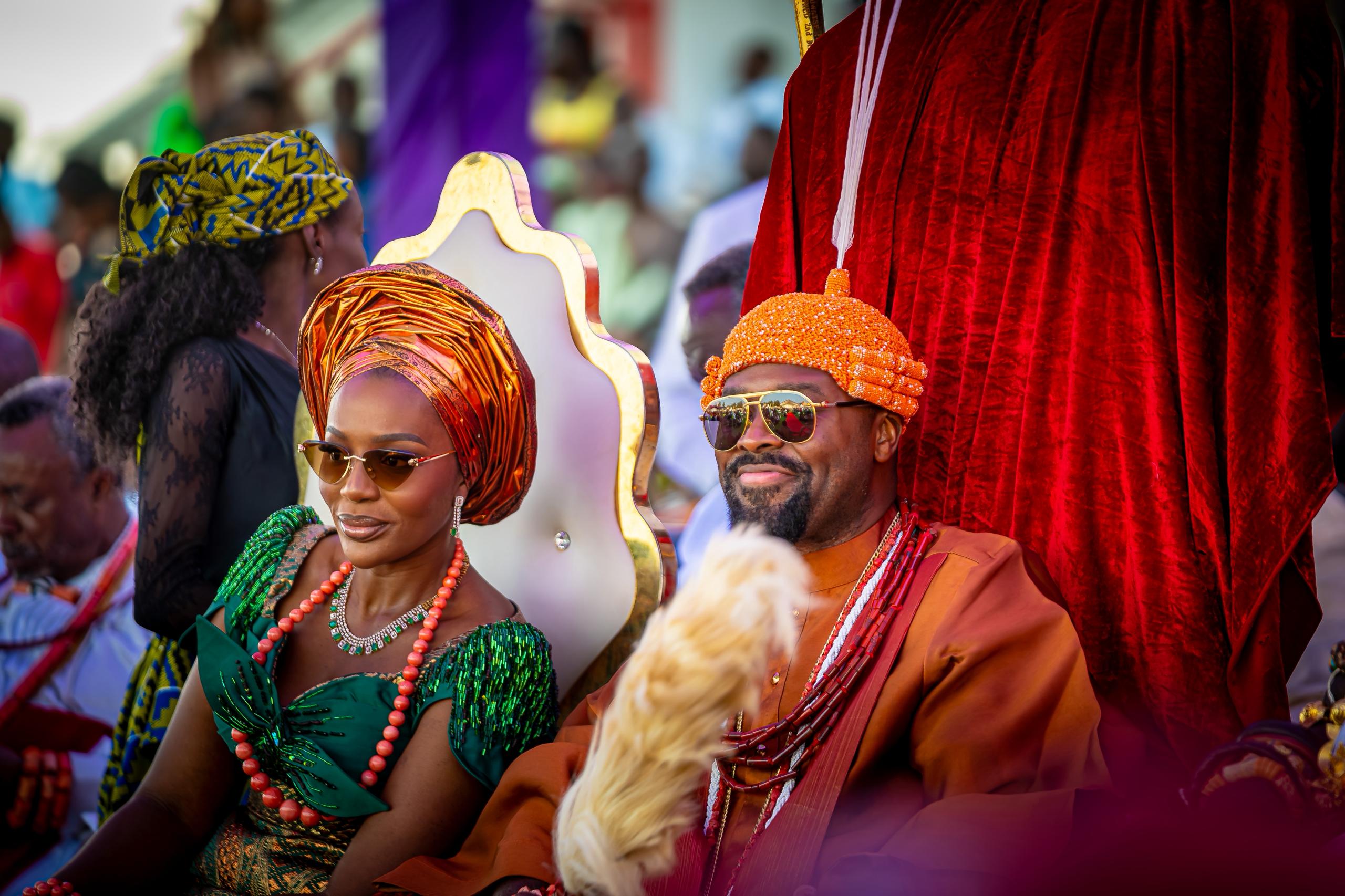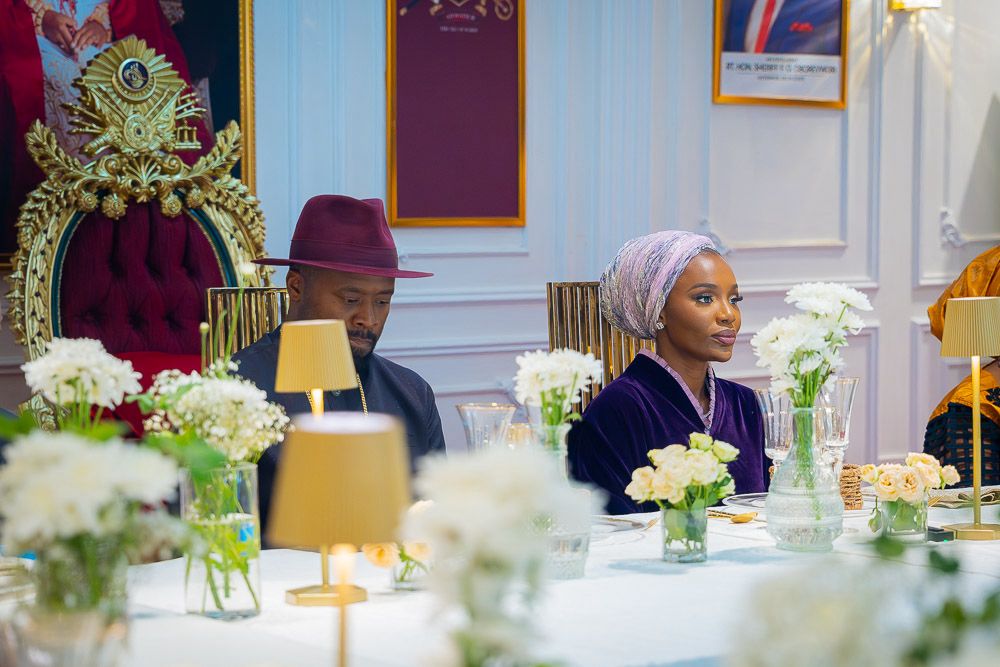The conversations reflected both urgency and possibility. Participants examined how technology is improving access, reducing costs, and opening new markets. They explored financing models designed to strengthen transparency and investor confidence. Storytelling was discussed as policy—demonstrating how narratives shape markets, tourism, diplomacy, and trust. Future distribution methods, from blockchain to transmedia, were also considered, affirming the global competitiveness of Africa’s creative industries.
In her address, Olori Atuwatse III emphasized a central message: whoever shapes the story shapes perception, and whoever shapes perception shapes the world. For too long, Africa’s stories have been told by others, narrowing the continent’s identity and limiting its influence. Changing this reality requires not rhetoric, but strategy and investment.
She noted that film is an investable and scalable industry, capable of delivering jobs, revenue, soft power, and dignity. Achieving this requires a deliberate ecosystem of financing, policy, and protection—treating culture as essential infrastructure. This conviction inspired the founding of Elevate Africa, a platform committed to narrative transformation, dismantling stereotypes, and amplifying Africa’s creative power.
Elevate Africa builds bridges between investors, policymakers, and creators, ensuring that Africa’s stories are told, owned, funded, and celebrated. Shifting perception is not cosmetic but economic. Narrative is capital, and when it changes, everything else changes with it.

